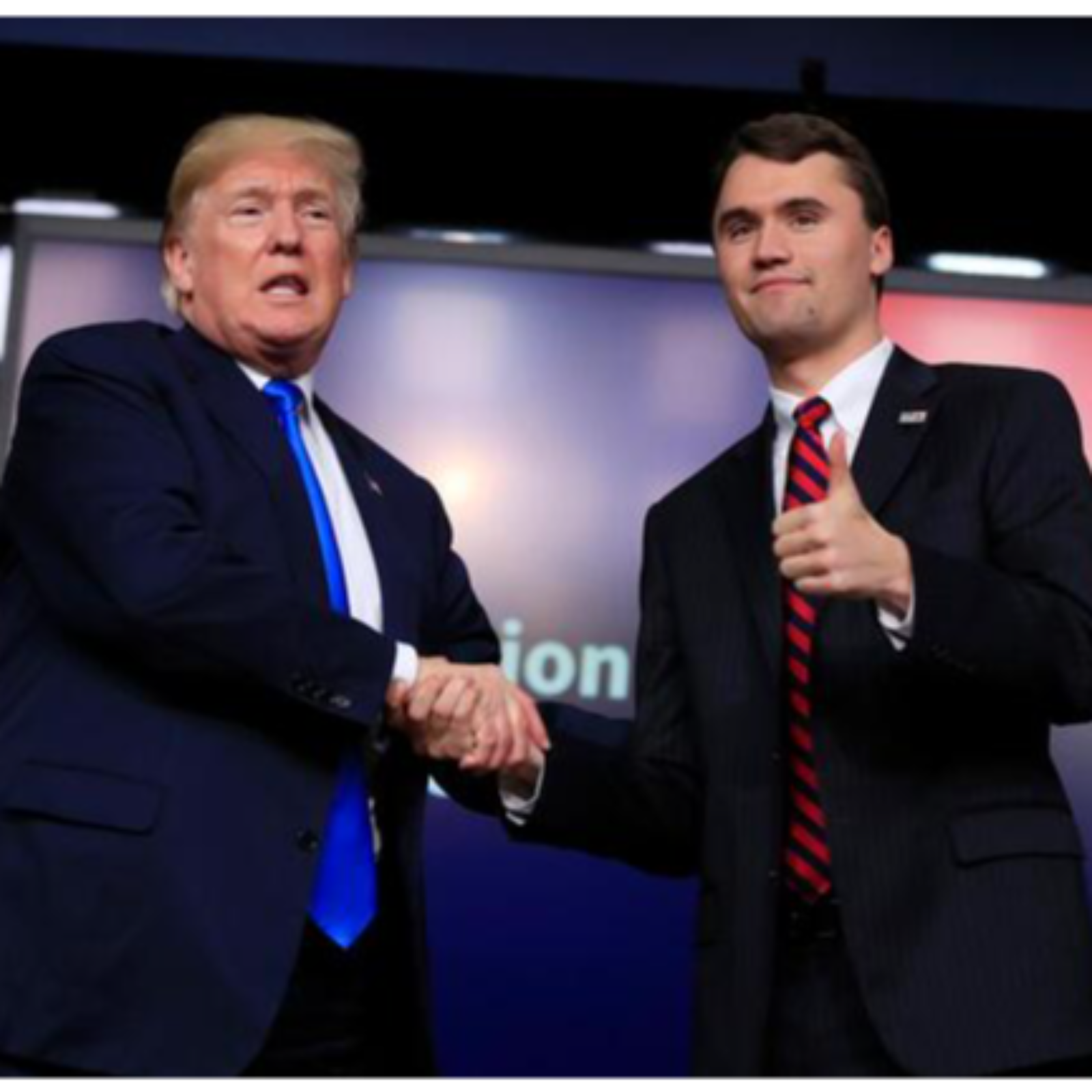Public Question: Charlie Kirk’s Empathy?
- Author
- The Educator
- Published
- Thu 11 Sep 2025
- Episode Link
- https://rss.com/podcasts/black-freedom-of-speech/2211508
Copy and paste the link to this episode on Tik Tok, Facebook and any other social media platforms is cool beans with me.
Comments: [email protected]
"To the many of you who’ve asked me about Charlie Kirk’s quotes and the public’s response—especially the perceived lack of empathy toward him—I want to answer with respect for his life and with sincere love for his family. While his passing is undeniably tragic, the emotional complexity surrounding it stems from his own public statements: his rejection of empathy as a moral framework and his framing of gun deaths as an acceptable cost for liberty. These views, widely quoted and deeply polarizing, have shaped how people interpret his legacy. Many mourn for his wife and children, who bear no responsibility for his rhetoric, but struggle to extend personal empathy to a man who dismissed it as harmful. This isn’t about cruelty—it’s about reckoning. When someone publicly devalues compassion and normalizes death, it complicates how we respond when they themselves become part of that narrative. My hope is that we can hold space for grief without abandoning the moral clarity that his own words demand." Lucky-The Educator
Charlie Kirk’s death has sparked a complex public response shaped by his own controversial statements about empathy and gun violence. While many express love and sympathy for his family, especially his children, others withhold personal empathy for Kirk himself, citing his rejection of empathy as a valid moral framework and his assertion that annual gun deaths are a “worthwhile cost” for preserving gun rights. These positions—articulated in widely circulated quotes—have led critics to view his death not just as a tragedy, but as a grim fulfillment of the logic he endorsed. When contrasted with biblical teachings that command believers to “bear one another’s burdens” (Galatians 6:2) and condemn violence (“You shall not murder,” Exodus 20:13), Kirk’s rhetoric appears morally and spiritually contradictory. The result is a divided public reckoning: one that mourns the innocent, questions the ideological legacy, and confronts whether empathy should be extended to a man who publicly denied its value.
